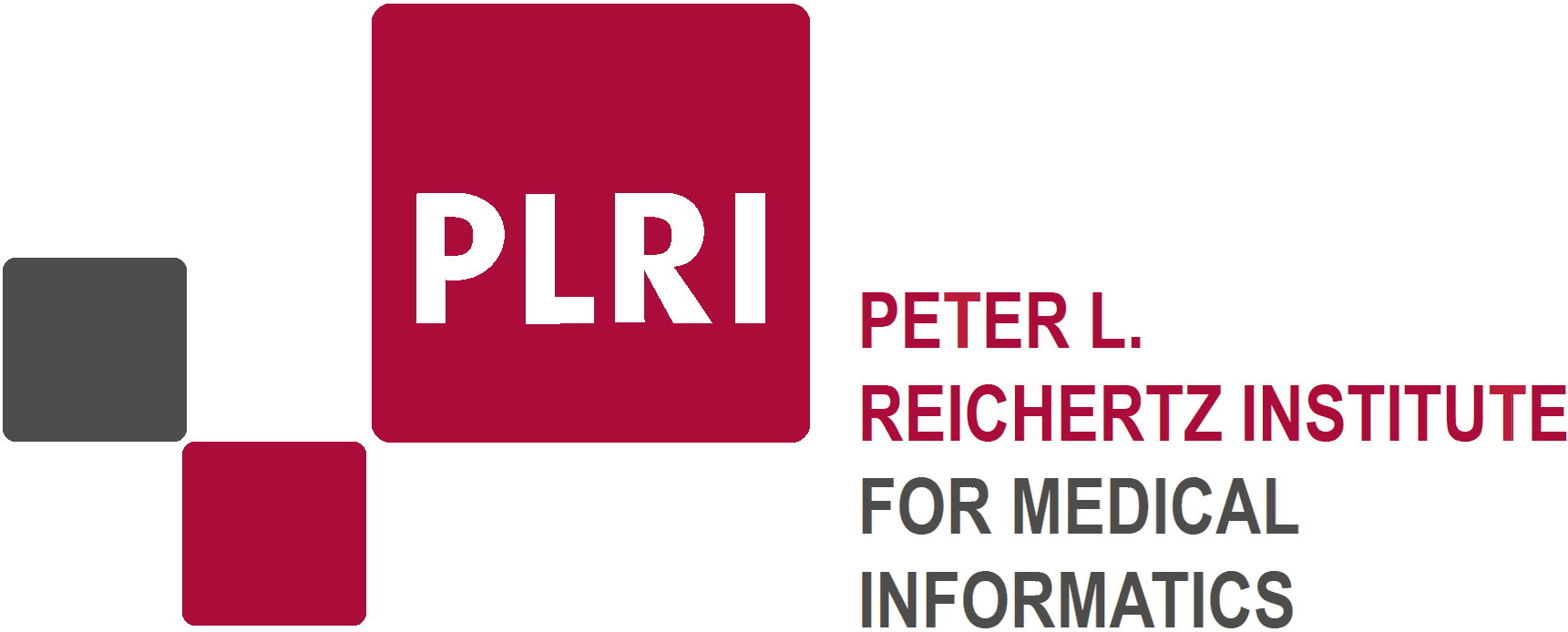
Scope
The Physikalisch-Technische Bundesanstalt (PTB) is the National Metrology Institute of Germany with scientific and technical service tasks. PTB measures with the highest accuracy and reliability – metrology as the core competence. PTB stands for progress and reliability in metrology for the benefit of society, trade and industry, and science. PTB is a scientific and technical higher federal authority falling under the competence of the Opens external link in new window Federal Ministry for Economic Affairs and Energy.
PTB is among the top names in metrology worldwide. As the National Metrology Institute of Germany, PTB is Germany's highest authority when it comes to correct and reliable measurements. Research and development work amounts to about two-thirds of all of PTB's activities. Based on its research and development work, PTB provides a wide range of metrological services. The central task in this context – laid down by law – is to realize and to disseminate the units as accurately as possible. In this way, the PTB ensures uniform measures not only in Germany but also for the whole world. Metrology is not a national issue. A globally uniform system of measurement - as the basis for business, technology, and research - can only be created through international cooperation and trust. Through its work, the PTB makes a significant contribution to this.
The analog calibration certificate has so far rarely generated any added value for the company apart from the calibration certificate because the subsequent use of the data generated during calibration is time-consuming and error-prone. The Digital Calibration Certificate (DCC) eliminates this decisive disadvantage of its analog counterpart. Its machine readability provides massive support for digitally supported manufacturing and quality monitoring processes. In addition to the globally unique identification and storage of sensor characteristics, the DCC can do more than prove metrological traceability.
As the DCC developed by PTB in coordination with many NMIs, industry, calibration institutions, universities, and accreditors is based on the XML exchange format, it is machine-readable. All data can be directly and automatically transferred to all-digital processes. Also, cryptographic signatures as security procedures ensure the integrity and authenticity of a DCC. Calibration certificates like the DCC are produced based on internationally recognized norms and standards.
All measurements of the sensor system (e.g. EDR in a smart home) in the ISAN project can be integrated into a DCC using the Digital-SI (D-SI) format. The D-SI guarantees the unambiguous transmission of all measurands in a globally accepted consensus based on the international system of units (SI) to avoiding harmful media breaks.
In the ISAN project, the transition from physical measurement to medical information will be a significant factor. The measurements of the sensors must be immediately usable for the analysis of the accident and the severity of the injury by the medical staff. This means that the DCC is used to exchange physical measurements between different systems but needs to be converted into a medically usable format for the human view. Furthermore, the PTB will develop a security mechanism for communication in the ISAN network.
During the project time, the PTB will work as a trustee. The focus should be on privacy, security, integrity, and availability. The ISAN network should be protected versus abusements and has to work fast, stable and secure to save a life.
Further information on PTB is found here.
